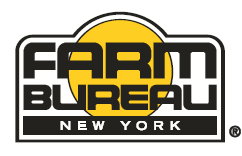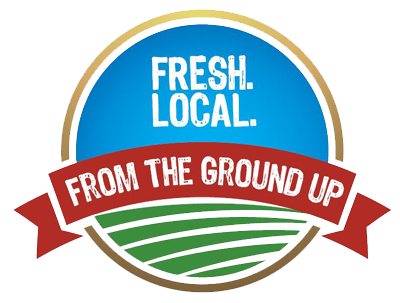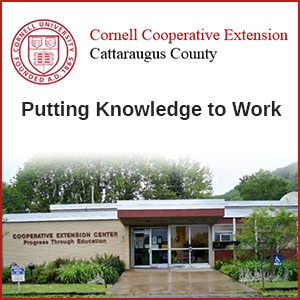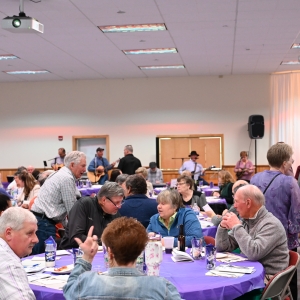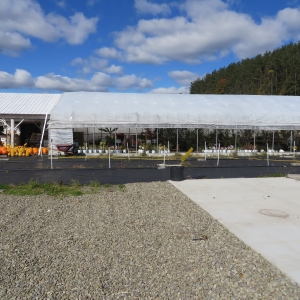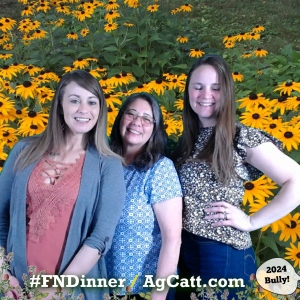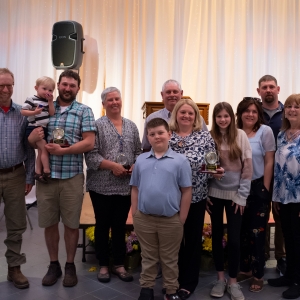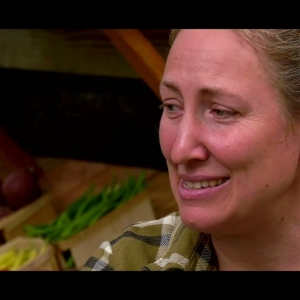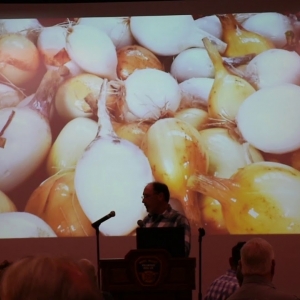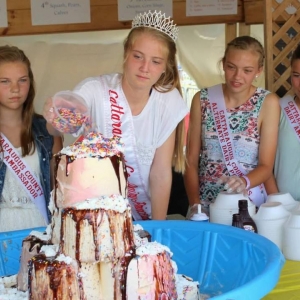Other Ag News: Release: Over 500 Farmers Rally Behind the Sustainable Agriculture Research and Education Program
Washington, DC, September 23, 2025 – This week, over 500 hundred farmers from every state, US Territory, and several Tribal Nations delivered a letter to the United States Department of Agriculture (USDA) stressing the importance of the Sustainable Agriculture Research and Education Program (SARE). While SARE funding is normally made available in March, the RFA’s were not released this year until September 11, giving SARE Host Institutions little time to secure funding before the end of the fiscal year. The letter asks that USDA ensure SARE funding is delivered before the end of the fiscal year, to make certain farmers will be better prepared to meet future productivity challenges and remain competitive, due to more easily accessible and regionally appropriate research through SARE.
“As USDA’s only farmer-led research program, SARE has invested in farmer profitability, stewardship, and quality of life for over 35 years. At a time when farmers need more answers than questions, SARE’s stellar, decades-long track record proves it can offer exactly that,” said Mike Lavender, Policy Director at the National Sustainable Agriculture Coalition.
“The current demand for sustainable agriculture solutions far outweighs available resources. SARE plays a critical role in helping farmer driven research keep pace with the growing challenges related to the state of the rural economy, soil health, and competitiveness of American producers. NSAC remains a strong supporter of SARE and continues to advocate for growing the program’s research and funding capacity,” said Nick Rossi, Policy Specialist at the National Sustainable Agriculture Coalition.
Since 1988, the Sustainable Agriculture Research and Education Program (SARE), has funded more than 9,000 farmer-driven research and education initiatives through competitive grant awards totaling nearly $478 million. As the only farmer-driven, sustainable agriculture competitive research grant program offered by the USDA, SARE provides farmers and researchers with vital opportunities to better understand agricultural systems and to increase profitability, build on farm resilience, and strengthen rural communities.
Find the letter here.
Read what farmers are saying about their involvement with SARE:
“I received a SARE grant to help the Kansas City Food Hub – a Cooperative owned by 15 farmers (including myself- we are now owned by 30 farmers) about six years ago when the Hub had been in business for 4 years and had outgrown systems that were under strain from increased sales. Our project aimed to upgrade our food safety system and develop a new brand for the business. Our upgraded food safety protocols helped us bring on a new big institutional client. When COVID hit and that institution closed, because of our new branding and website, the public was able to find us easily and we were able to pivot our sales from 100% wholesale to 100% retail,” said Katie Nixon of Green Gate Family Farm, Missouri.
“I received a Farmer/Rancher grant in the late 1990’s. I served on the NC Region SARE advisory committee for 8 years. I still serve on the Kansas advisory committee.I have seen firsthand how frugally SARE’s implementation structure operates. This program is 37 years old, and is very well respected throughout rural America. It would have been such a crime to see it eliminated. Thankfully, common sense prevailed” said Donn Teske, a sixth generation beef cow/calf rancher, Kansas.
“SARE helps growers like me do practical, on-farm research that is specific to my climate. Right now, precious little research is done on semi-arid, small-scale vegetable growing, so another farmer and I are doing the research ourselves through a SARE grant. The emphasis of SARE on the E (education) means that this research doesn’t go on a shelf somewhere–it goes directly from farmers to farmers who can use it now... If USDA cuts this small but mighty program, it will be another confirmation that the government is only interested in corporate export agriculture, not local family farms like mine. It shows a real lack of understanding of food access and security and who really feeds people in America,” said Nella Mae Parks of Nella Mae’s Farm, Oregon.
“As a farmer, I value the SARE program because it provides crucial funding for research that helps us develop farming practices that protect our soil and water while still maintaining profitable operations. Because so much research is carried out by researchers without a farmer’s perspective, the program’s focus on farmer-to-farmer education means we’re learning practical solutions from other producers who understand the real challenges we face in the field every day. SARE’s support for on-farm research projects allows us to test sustainable methods on our own land in real world scenarios and share those results, creating a community of farmers working together to build markets, techniques, and know-how that leads to a more resilient agricultural industry,” said Bill Pluecker of Begin Again Farm, Maine.
“I am still glowing from taking big steps on my SARE project yesterday. We signed an agreement with another farmer and that farmer accidentally “caught lightning in a bottle” on part of their farm. Our SARE project is partially about replicating their success. By sheer coincidence, their crops spontaneously did something extraordinary. We are working to replicate what happened, so that other farmers can benefit... I was in the field with some other chestnut farmers. The land use history of that place is unusual- a coal company cleared the forested land, an oak and American chestnuts- and then changed their mind about mining that spot, so they planted Chinese chestnuts, before deciding to sell the land. Because of this, something weird happened. A section of this Chinese chestnut orchard has North American species of Boletus variipes mushroom growing under Chinese chestnuts. Maybe the mushroom survived in the soil for a few years, from the forest trees that used to grow there. The combination of an American porcini and a Chinese chestnut is unknown. We were hoping to find this pairing, however, because our goal is to produce Boletus mushrooms to sell on the global porcini market. We didn’t want to introduce an Asian or European species of mushroom to our chestnut orchard, because we didn’t want to accidentally unleash a new invasive species. Now that we’ve found a native species, we think we can help Chinese chestnut trees produce a type of expensive, nutrient-dense mushrooms for sale- much like farmers in Europe and Asia have been doing for centuries!” said Badger Johnson of Paradise Ecological Services, Ohio.
###
About the National Sustainable Agriculture Coalition (NSAC):
The National Sustainable Agriculture Coalition is a grassroots alliance that advocates for federal policy reform supporting the long-term social, economic, and environmental sustainability of agriculture, natural resources, and rural communities. Learn more: https://sustainableagriculture.net/
The post Release: Over 500 Farmers Rally Behind the Sustainable Agriculture Research and Education Program appeared first on National Sustainable Agriculture Coalition.
Signup for the Ag Newsletter
Get the freshest farm news, events and updates from in and around Cattaraugus County, NY at least once a month! Go signup!
Other ways to stay connected:
Get Involved in Farming
Resources for Starting a Farm in Cattaraugus County
Profile of Cattaraugus County soils
Agriculture Career Exploration
Questions about farming? Find out Who to Call

